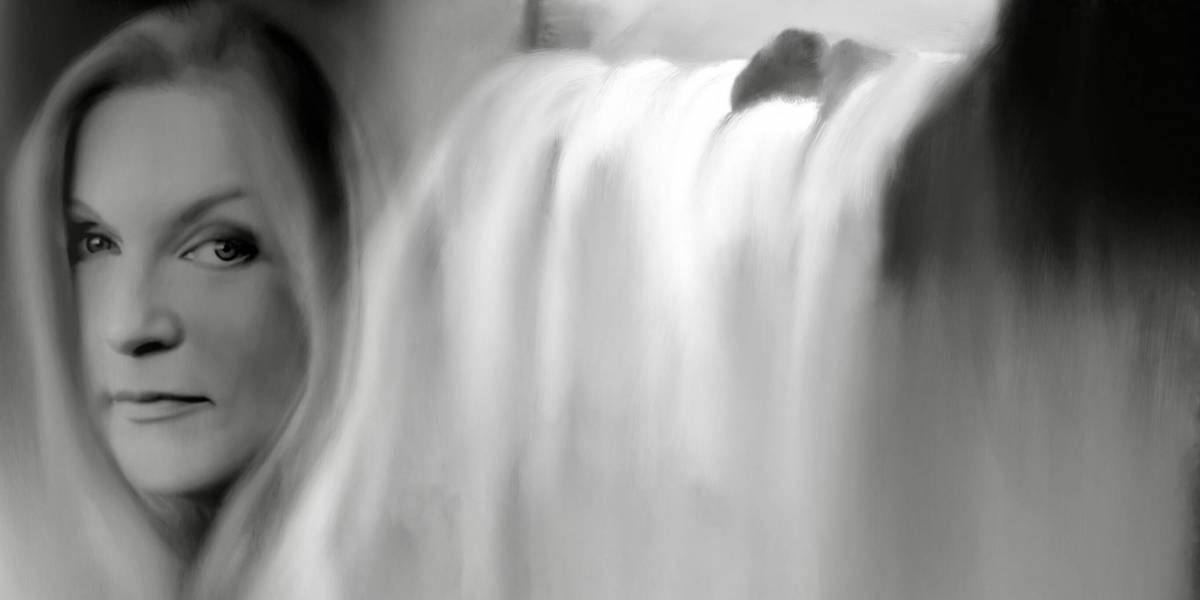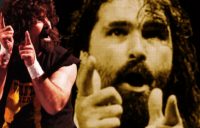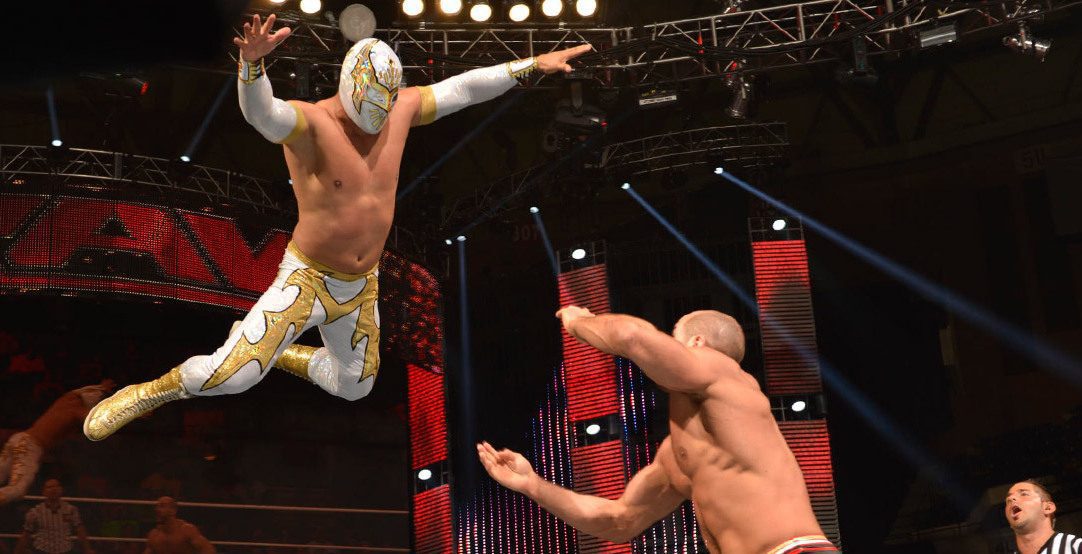Listen to Sheryl Lee talk with Jill Watson in a 30-minute interview available exclusively for our Patreon supporters ($3 tier+) here: https://www.patreon.com/25YL
Known for decades of acting excellence on stage and screen, teaching acting classes at colleges and coaching along with Gary Hershberger via the Actor’s Director Workshop, Sheryl Lee has become a face of hope and love for many who identify with the characters she plays. She was kind enough to speak with me on the record about her history, her interests, and her loving wishes for her fans and students.
This interview was recorded, transcribed, and edited, mainly to hide the technical flubs and missteps I couldn’t avoid, as well as untranscribable, incomprehensible fits of giggles about unpredictability, and other super-unprofessional nonsense. Let’s jump right in.
Jill Watson: When and how did you know you needed to act?
Sheryl Lee: That question takes me back decades and decades. I was studying to be a dancer. That was my first love. I was in high school, I was about fourteen or fifteen years old and I was in a sledding accident. I messed up my knee really bad and ended up on crutches for months and months. I had knee surgery and was not able to dance that season, and was going stir crazy. My mom said, “Well why don’t you try out for the play?” I was way too shy. I thought, “There’s no way that I can speak in front of people.” Dancing is one thing. You don’t have to talk (laughs). The English teacher was also the theater department head at my high school, and directing the play. He also suggested I try out for the play. At this point I was no longer on crutches. I could walk again, but I couldn’t dance as I was still recovering. So finally I tried out. The play was The Bad Seed, and I was playing the mom. The first day of rehearsals, I went, “Oh my gosh, this is it. This is very different than I thought because these aren’t my words. It’s not me having to come up with something to say. It’s not me speaking in front of these people. It’s the character. It’s the character’s words. It’s the writer’s words.” And I fell in love with the collaboration that was happening in rehearsals. That, to me, was just thrilling, and a bit like dance in that way. So that was the beginning of a very long journey. I did The Bad Seed, and then The Haunting of Hill House.
JW: That must have been a really good theater department.
SL: It was a very good theater department. I don’t have anything to compare it to, but it had a very strong art department, in all arts, which was wonderful, and I’m very grateful that I got to go a high school that supported the arts as much as they did.
JW: With the arts: You act, you teach, you write, you direct and you dance. Are there other ways you want to learn, or that you enjoy expressing your creativity?
SL: Well, I did also draw in high school. And then as an adult, I took many painting classes, which I loved. I may someday go back to that. We’ll see.
JW: Someday. That’s a maybe.
SL: Yes.
JW: I highly recommend drawing.
SL: That’s coming from a very talented person: you. I’m glad you are drawing.
JW: It’s fun.

JW: Working with you and Gary Hershberger in the Actor’s Director Workshops, as well as private coaching lessons, I can attest to how brilliant you are, and the results that you can elicit from a person as a teacher. When and how did you know you were supposed to teach?
SL: Well that is very kind of you. I appreciate your very generous words. I was fortunate enough to have, in my life, many wonderful teachers. And I don’t mean just acting teachers. I always loved to learn. So in between acting jobs, I was always studying, and often I was studying things that didn’t have anything to do with acting. In fact, I often was not studying acting. I was studying other things, whether it was painting, or energetic healing, or all kinds of things. I had many wonderful teachers, and I always felt very grateful for my teachers, and I felt that part of my way of expressing my gratitude would be to someday pass it along. It’s like a river, and we must keep the water of that wisdom flowing. I didn’t know when I would teach, or what that would look like. It kind of organically and naturally…the timing presented itself to me before I made the conscious decision, “Oh, now is the time.” I was shown when it was the right time by a series of events and synchronicities. I’d always stayed open to the possibility of it, and so when the time presented itself, I jumped in.
JW: I’m so glad you did. Can you talk a little about what you and Gary are doing with the workshops?
SL: Gary and I created this workshop called The Actor’s Director Workshop. Obviously, Gary and I have known each other for decades, from Twin Peaks, when we were youngsters. We hadn’t seen each other for a long time. Eight years ago, we ran into each other at a Twin Peaks dinner and were talking after about what we were each doing. We each at that point were starting to teach on our own privately. We were talking about that and brainstorming about how few times in our careers we had been fortunate enough to work on a set that felt really collaborative. That it often felt as if the actors were scared of the directors, or the directors were too intimidated to give the actors direction. There was a lot of wonderful technical training coming out of the directing schools, but not enough communication skills. So that was sort of the birth of it, and that’s our goal and our intention: to create a community and a safe place for actors, directors, editors, photographers, writers, to come and to play together and to collaborate together, and communicate with each other. Our hope is that they can then take that out in the community and stay connected and work together and inspire each other. And also support each other because the entertainment industry can feel very isolating at times. To be able to create relationships where they have each other’s backs, and they’re there for each other can really be a good support network as they move forward into their film-making futures.
JW: You mentioned a lot of creative media that aren’t directly related to acting and directing. Who would you say should attend the workshops?
SL: I feel like anyone, in any form of creative art. That’s my personal opinion about it. We have had editors in there, we have had musicians in there, and photographers. I feel like anyone who has an impulse to creatively express themselves. This is a place where we encourage keeping that channel of creativity open, and also keeping that sense of play. Because sometimes the work environment for an artist tends to start to strip away that feeling of play. But that feeling of play, that sense of discovery and exploration: that’s the gold. So we, in our workshops, whether it’s a full day workshop or an ongoing class, or a two day workshop intensive, we want you to be able to mine for that gold.
JW: Calling back to when you were talking about your teachers, what would you say is maybe the greatest lesson that you’ve learned from the variety of teachers you’ve had in your life, and connected with that, what’s one lesson that you’d like to pass along to anyone who’s willing to learn?
SL: That is such a beautiful question, Jill. Such a beautiful question.
JW: Take your time, if you like.
SL: The one very consistent wisdom, skill, gift, offering that all of my teachers had, in any medium, whatever they were teaching, whether they were acting teachers or spiritual teachers or healing teachers or painting teachers… They all had a feeling of deep, deep patience, and deep, curious listening. So for the student, me being the student, I never felt rushed. I never felt that there was any sort of expectation for me to come up with an answer or be a certain way, or that I had to be a good student (laughs).
JW: Whatever that is.
SL: Yes, exactly. There was this expansive feeling of space. So going back to my intention with Gary, and creating a space that allows for discovery, that allows for exploration, that allows for the deeper layers to reveal themselves. That takes time and willingness and openness, and that’s not a process that can be rushed. That is the consistent offering that all of my teachers have had.
JW: You definitely have that as well, from all I’ve seen. It’s much appreciated.
SL: Thank you, Jill. Thank you.

JW: Switching gears a little bit, you’ve generally been cast in very dramatic and horror roles. What do you hope people take away from your performances and the stories you’ve been part of?
SL: When I look back at my work, which I don’t often do, but in a case like this when I’m asked a question, I see all the women that I’ve played. I have played a lot of women who have gone through a lot, and have had a lot happen to them. Even when I was younger and playing women who were younger, they’ve all been through a lot. I think the biggest thing that I would hope that I could offer in the telling of their stories is that the viewer recognizes something familiar, and that it can somehow offer them comfort in that they are not alone, that in the telling of this woman’s story, or this girl’s story, that there is a recognition of humanity. They’re not alone in their suffering.
JW: Beautiful. That actually ties directly into another question I had. I have a couple of Lynch questions for you. Most of your David Lynch and Twin Peaks experiences have been covered extremely well over the years and I didn’t really feel I needed to add any, but I would be remiss if I skipped over it. Your most famous role is that of Laura Palmer, who’s an incest-rape-murder victim. I’ve seen first-hand through the fan base how that role has touched countless lives in so many ways. With the understanding that you are not a licensed counselor, what would you like to say to victims of incest and rape and sexual abuse who have survived?
SL: I think the biggest thing is, again, you are not alone. We now have tremendous support that is only a phone call away. To reach out, to lean on that support. It’s not your fault that this happened to you. You deserve love. You deserve to be supported by love, embraced by love, by a community that can help hold you up.
[JW note: rainn.org, or the National Sexual Assault Hotline 1-800-656-4673 in the US are good places to start].
JW: Amen. Whether you’ve intended to or not, you’ve become a face of hope for a lot of these people, women and men, who have gone through that particular kind of hell. I know more recently you’ve been attending a lot of fan events. I’ve seen you connect with these people on such a base level, and you make them feel that they’re not alone. It’s wonderful that you’re able to direct them toward some sort of help and healing. How do you find the peace to deal with that level of intensity?
SL: I feel so deeply touched when someone who I’ve never met before and has never met me before trusts me enough to share their heart and their story of survival. There are no words, in a way, for me to even… I mean, “touched” just seems, even, too small of a word. It truly moves me that, that is shared with me because I understand that even for someone to even get to the point where they can verbalize that pain is such a huge step. And then, to share it with me, it gives me comfort for them in knowing that they have reached that point where they’re able to share it? I know what a huge step in healing that is.
JW: What a privilege. What a gift, from both sides. Since you’ve played Laura Palmer, things have changed a bit. You’re a mother now. From a mother’s perspective, if the character of Laura Palmer was a real person and she’d lived to adulthood, what would your hope be for her life?
SL: That she also gets healing, a support system, and as much love around her as she could.
JW: Wonderful. Moving on, out of Twin Peaks. Is there such a thing for you as a typical day in your life as an actor/actress/whichever you prefer?
SL: (laughs) Well, if it’s when I’m actually filming, then it would depend on whether or not I was on location or whether or not I was at home. Certain things would be the same, in terms of trying to have as much quiet time as I could, because that’s a big part of my creative process. And also seeking out nature anywhere, anytime, as much as I can, for me, is a large part of my creative process and also part of my healing process. It’s in a way how I gather information, and how I let go. So those things would be similar no matter where I was. Those things would be similar.
JW: Are there any specific charities you’d encourage those with the means to support?
SL: Oh my gosh. Where do we start right now? Certainly the Center for Biological Diversity is a big one for me right now, for wildlife. Everytown to stop these devastating shootings. Planned Parenthood. I’m also a believer in finding something local. I always have a tendency to seek out local animal sanctuaries where you can go, you can adopt a specific animal, and you get to learn. Because I love to learn. Also, the Archangel Ancient Tree Archive. Moms Rising does wonderful work. It’s moms everywhere, watching.
JW: What is next for you?
SL: I have a couple more conventions this year. I have a one-day play that looks like it may happen. Then there are a couple of other things, one is an independent film, that are sort of in the process of not knowing yet when they’re happening. I very rarely, unless I’m teaching at a college specifically for that quarter or semester, I very rarely know my schedule a month out.
JW: Wow.
SL: Yeah.
JW: How does that work for you?
SL: (laughs) It’s a wonderful practice in being in the moment. There are times when I’m so used to it because it’s been that way for so many decades. I’ve never worked on a big-budget film, but what I understand from my friends who have, is when you work on a big-budget film you know quite a way out that you’re going to be working on that film. When you work in independent films, you don’t. You can know four days out. You can know two weeks out. So my whole career has been that way, where you really… I think one time I knew a month out, and I just remember over and overthinking, “What an incredible luxury this is.” Because I love to research, and I had time to research. It was a Bible story, so I had a lot of research to do. Other than that, it truly is living in the moment, and trust, and faith. It can get very uncomfortable, believe me, the not knowing, the trying to plan other parts of your life, the financial not knowing… It can all take me out of my comfort zone, and it is a constant practice in working out the muscle of being present in this moment.
JW: Minute to minute, it sounds like.
SL: Yes, very true. Week to week, day by day, it changes every day. I don’t ever have two days that are the same (laughs).
JW: If our readers would like more information about the workshops and when and where they’re happening, where should they look?
SL: The Actor’s Director Workshop website has all that information.
JW: Are there any words you’d like to leave the readers with before we close?
SL: Yes. Just thank you, again, to them. Because I’ve said before and I’m going to keep saying it: it’s the fans and the readers and the viewers that keep us having the ability to tell our stories. Whether it’s keeping Twin Peaks alive for all these years, or whether it’s stories about survivors, or whether it’s stories about women, or stories about women of a certain age (laughs), which we need more of, it’s the viewers that blow on those flames of life. So, deep gratitude for that.
JW: Thank you so much for taking the time. I know your schedule is crazy and unpredictable. And for lending us some of your energy to talk with us. You give so much of yourself to your fans and your students and everyone you encounter, so it’s a privilege and an honor to speak with you today and let everyone get to know you a little bit better.
SL: Thank you so much, Jill.
JW: Thank you.




